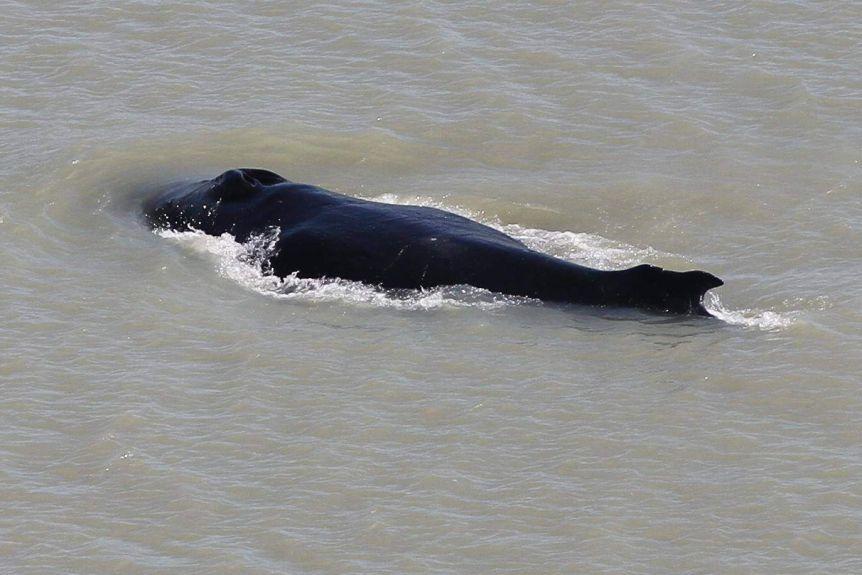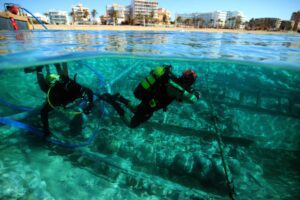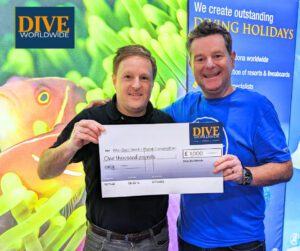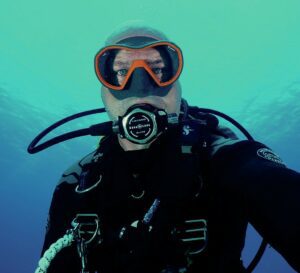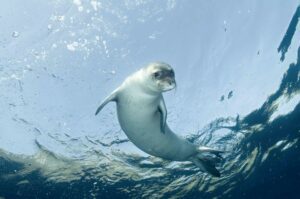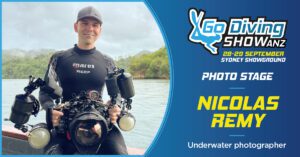A Humpback Whale appears to be lost 18km up a crocodile-infested river in the Kakadu national park.
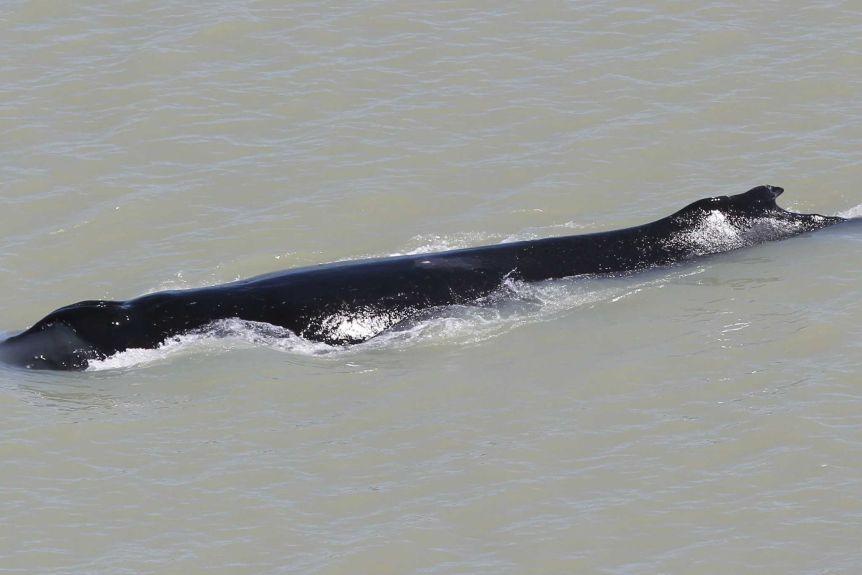
The Humpback whale apparently entered the East Alligator River in the Kakadu national park with two other whales. Its two companions are presumed to have turned around and gone back out to sea but one of these majestic animals continued to explore the river, and there is now concern that it cannot find its way out and might get stranded.
It is believed that the Humpback whale took a wrong turn while returning to feeding grounds in the Antarctic on their annual migration.
It's the first known instance of a whale being found in crocodile territory so far inland in Australia. The whale is not considered to be in any danger from the crocodiles due to size, estimated at 16 meters but if it were to become stranded that could change.
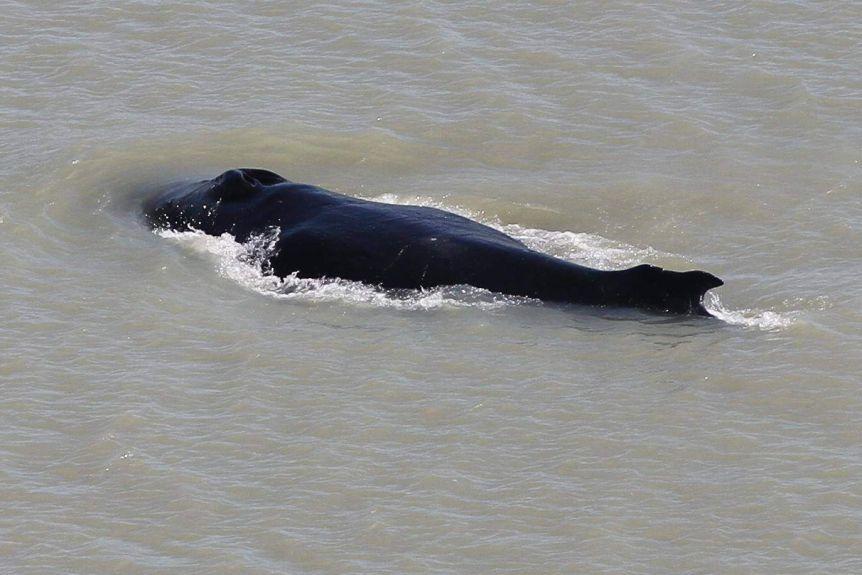
Carole Palmer, a marine ecosystems scientist for the territory's government said:
“It's something that's never been recorded before – not just in the Northern Territory – but in Australia. It's really, really unusual, It was hard to determine if more than one whale needed assistance because of the river's murky brown water”,
she added.
“Officials were considering several options to draw it out, such as using noisy sound from nearby boats or recordings of humpback whale calls. It's tricky on every level, but everyone is really trying to move forward with this in the most positive way that we can,”
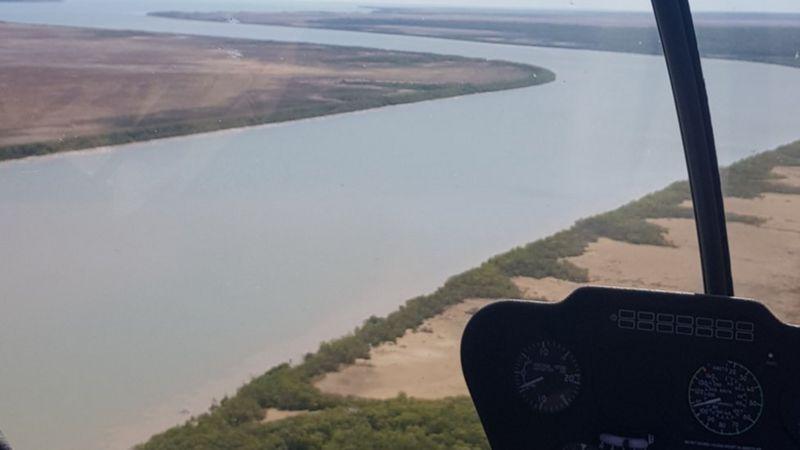
Dr Vanessa Pirotta a marine scientist who specialises in whales Said
“the best way of coaxing whales out of a muddy river was a real puzzler. Unlike dolphins, these whales do not have echolocation. So they may be navigating using sight and sound, and this makes it difficult for the whale to navigate. The team in charge of encouraging the whales out probably will focus on either physical or acoustic deterrence. Either strategy has been shown to work in previous cases. Physical deterrence would include banging an object against a ship's hull, such as a metal rod. Acoustics could involve killer whale calls, which have been shown in some cases to discourage humpbacks,”
Dr Pirotta added
“One reason we could be seeing humpbacks in the East Alligator River was because they were natural explorers. The Humpback whale is a very curious animal. We have seen a spike in their population in recent years. There are probably upwards of 40,000 whales in the west coast population and 35,000 along the east coast, These whales would almost definitely be part of the west coast group, who come up to an area of the Kimberley to calve. Perhaps they have come into the river out of curiosity and found themselves lost.”
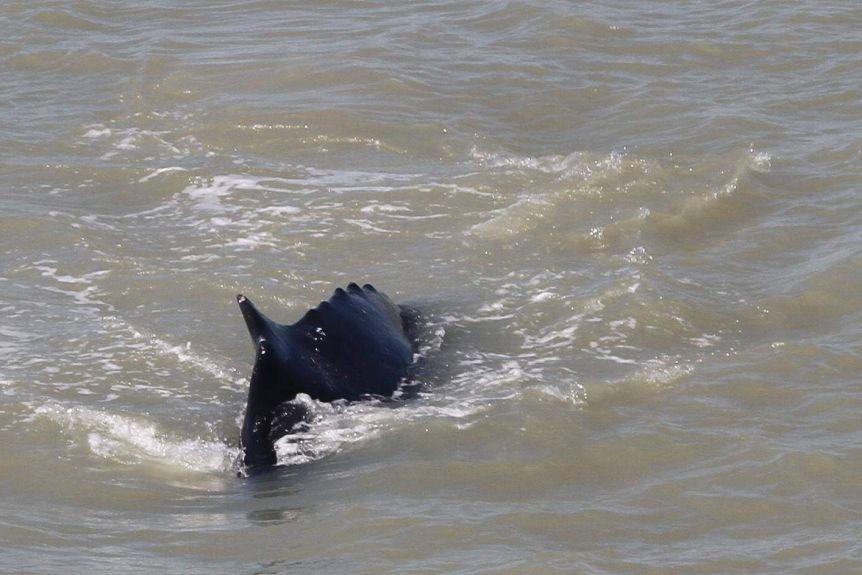
A marine ecologist, Jason Fowler, who spotted the whales on a fishing trip with friends said.
“I knew I was looking at a humpback whale, I had the pics of Kimberley whales on my laptop to prove it, but my mind struggled to believe what I was seeing and my crew weren’t even entertaining the idea. Humpbacks don’t live in a croc-infested, muddy, tropical river in tepid, 27C water with the consistency of a thick café latte! Yet, they’re here!”
Authorities have set up a 30km boat exclusion zone in the river to try and prevent fishers going upstream.
Carol Palmer said:
“The exclusion zone was to protect both fishing boats and the Humpback whale, given they would not be expecting to bump into each other. You don’t want them zipping up there in their boats and hitting a whale, or the whale just knocking them over by accident.”
Want to read more news stories?
Whale Rescue Could Result in $27000 Fine
Iceland Cancels 2020 Whale Hunt
Artefacts seized as Cypriot officials clash with salvagers over ancient shipwreck
